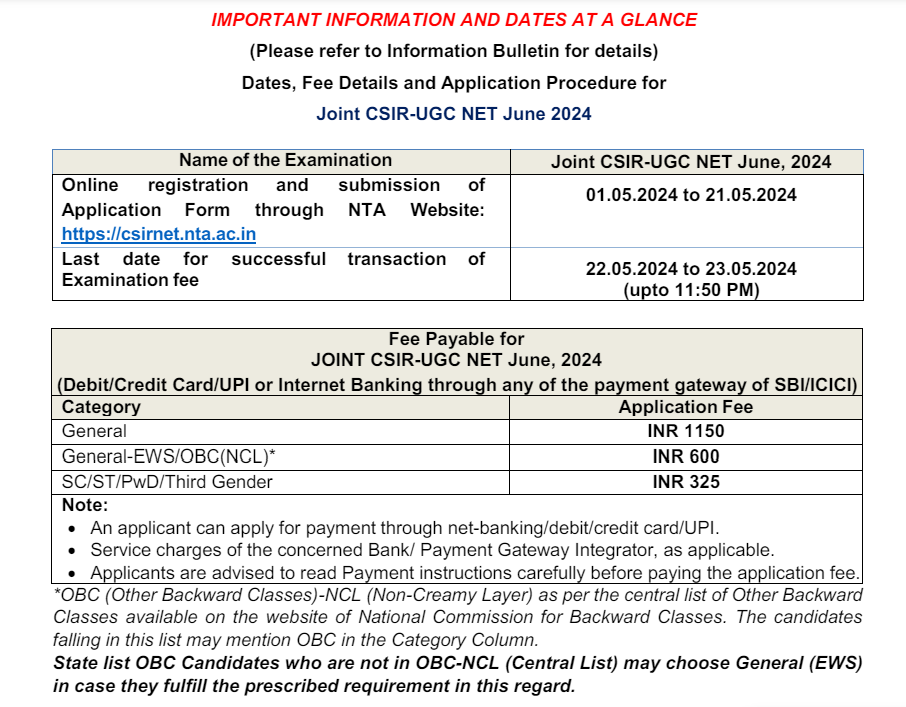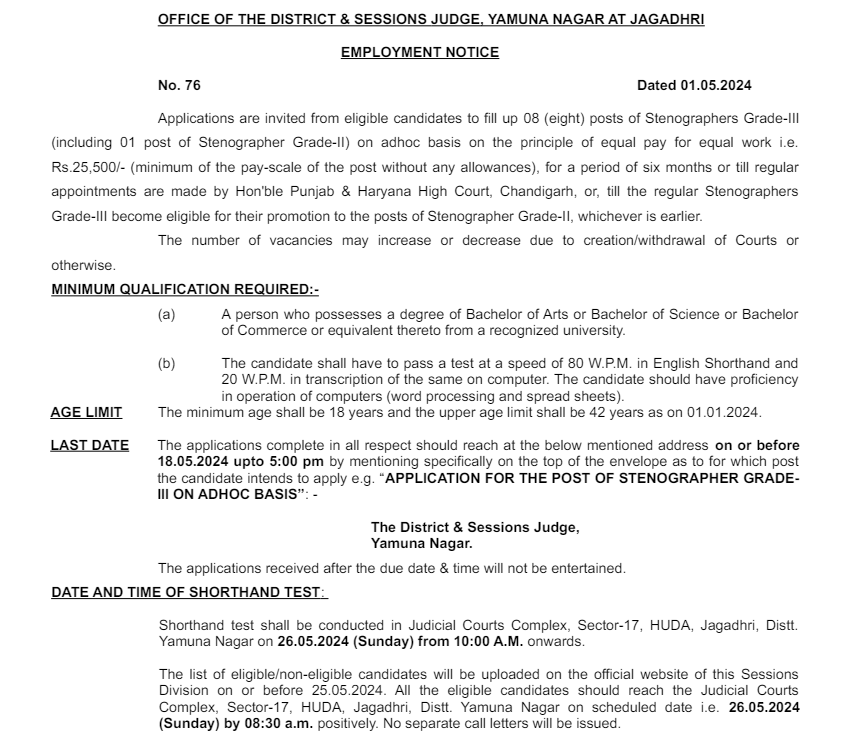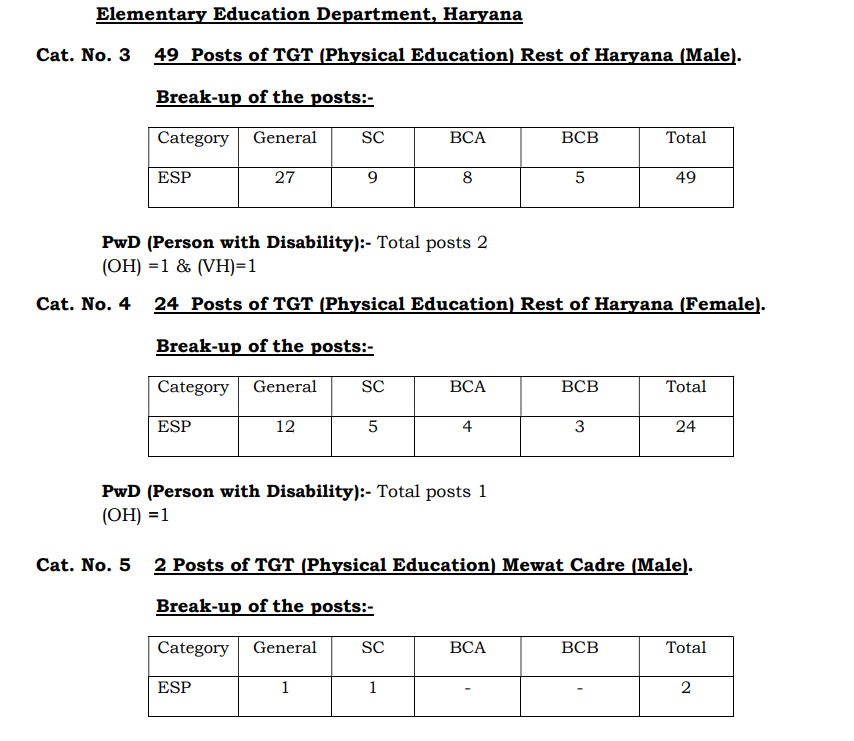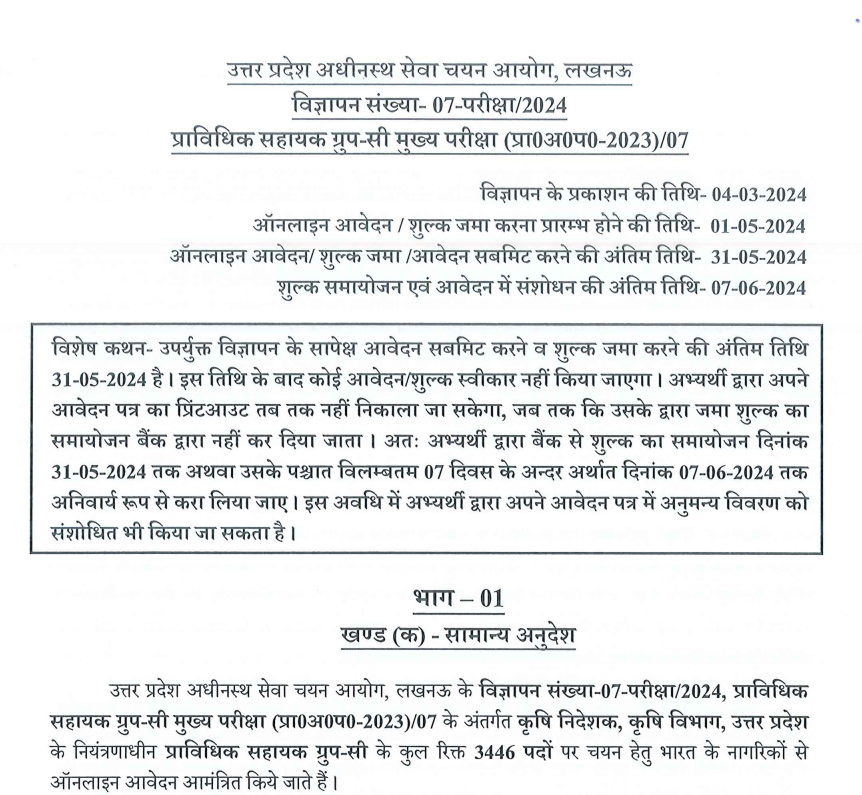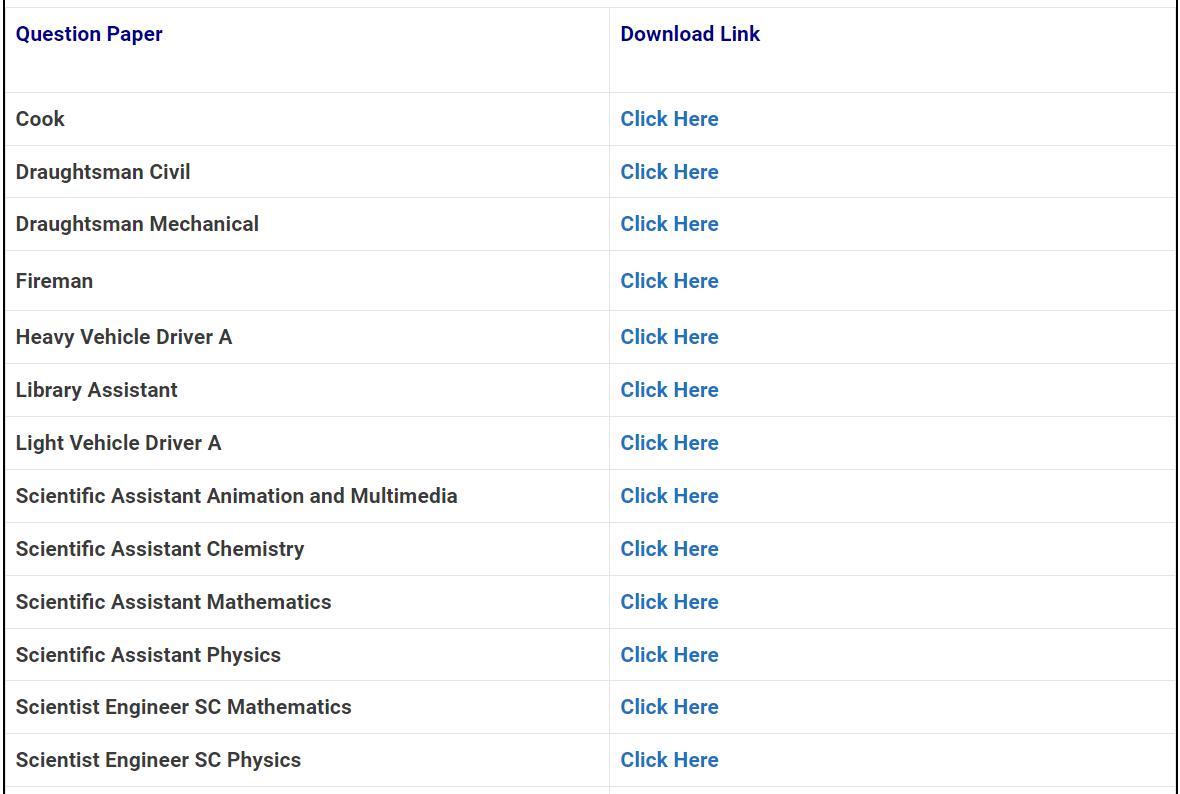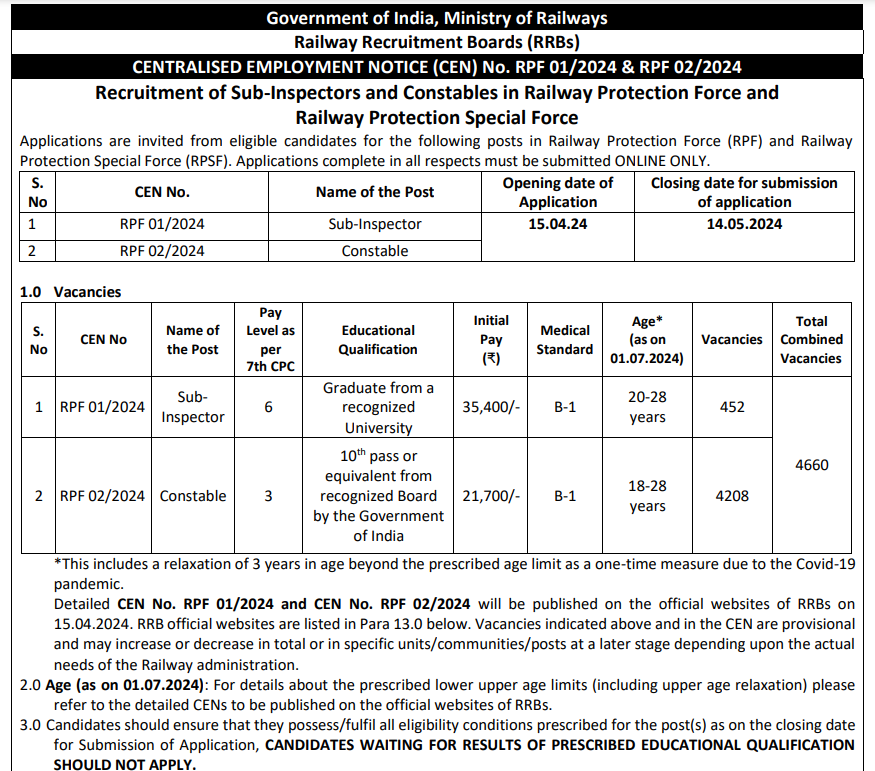Communication System

Category –EE Online Test
Telegram-Join Us On Telegram
Attempt Free Communication System Here. Read The Important Electrical MCQ From Below.
1. A cordless telephone using separate frequencies for transmission in base and portable units is known as
A. duplex arrangement
B. half duplex arrangement
C. either (a) or (b)
D. neither (a) nor (b)
Answer: Option A
2. For attenuation of high frequencies we should use
A. shunt capacitance
B. series capacitance
C. inductance
D. resistance
Answer: Option A
Communication System
3. A modem is classified as low speed if data rate handled is
A. upto 100 bps
B. upto 250 bps
C. upto 400 bps
D. upto 600 bps
Answer: Option D
4. VSB modulation is preferred in TV because
A. it reduces the bandwidth requirement to half
B. it avoids phase distortion at low frequencies
C. it results in better reception
D. none of the above
Answer: Option A
5. A woofer should be fed from the input through a
A. low pass filter
B. high pass filter
C. band pass filter
D. band stop filter
Answer: Option A
6. Which of the following is an indirect way of generating FM?
A. Armstrong modulator
B. Varactor diode modulator
C. Reactance FET modulator
D. Reactance bipolar transistor
Answer: Option A
Communication System
7. When the length of antenna is a whole wavelength
A. the radiation at right angles is zero
B. the radiation at right angles is maximum
C. the radiation is zero in all directions
D. the radiation is maximum in all directions
Answer: Option A
8. Circular polarization
A. is useful in reducing depolarization effect on received wave
B. involves critical alignment of transmitting and receiving antenna
C. is useful in discrimination between reception of adjacent beams
D. none of the above
Answer: Option A
9. An FM radio receiver which is tuned to a 91.6 MHz broadcast station
may receive an image frequency of __________ MHz.
A. 102.3
B. 113
C. 70.2
D. 80.9
Answer: Option B
Communication System
10. For telegraphy the most commonly used modulation system is
A. FSK
B. two tone modulation
C. PCM
D. single tone modulation
Answer: Option A
11. Commercial Frequency deviation of FM is
A. 70 kHz
B. 75 kHz
C. 80 kHz
D. 65 kHz
Answer: Option B
12. The colour of an object is decided by
A. the reflected colour
B. the wavelength transmitted through it
C. reflected colour for opaque object and wavelength transmitted through it for
transparent objects
D. none of the above
Answer: Option C
13. In Pulse Code Modulation system
A. large bandwidth is required
B. quantising noise can be overcome by companding
C. quantising noise can be reduced by decreasing the number of standard levels
D. suffers from the disadvantage of its incompatibly with TDM
Answer: Option A
14. If output power of a radio receiver is doubled, its volume is
increased by __________ dB.
A. 2 B. 3
C. 1 D. -3
Answer: Option B
Communication System
15. Which of the following statements is correct?
A. Convex lens has positive focal power and concave lens have negative
focal power
B. Convex lens has negative focal power and concave lens have positive focal
power
C. All lens have positive focal power
D. All lens have negative focal power
Answer: Option A
16. In Modulation, “carrier” is
A. resultant wave
B. speech voltage to be transmitted
C. voltage with constant frequency, phase or amplitude
D. voltage for which frequency, phase or amplitude is varied
Answer: Option D
17. To eliminate ghosts in the picture
A. use a longer transmission line
B. connect a booster
C. change the antenna orientation of location
D. twist the transmission line
Answer: Option C
Communication System
18. The frequency range of 300 kHz to 3000 kHz is known as
A. low frequency
B. medium frequency
C. high frequency
D. very high frequency
Answer: Option B
19. Which of the following does not cause losses in optical fibre cables?
A. Stepped index operation
B. Impurities
C. Microbending
D. Attenuation in glass
Answer: Option A
20. For a low level AM system, the amplifiers modulated stage must be
A. linear devices
B. harmonic devices
C. class C amplifiers
D. non-linear devices
Answer: Option A
Communication System
21. Assertion (A): In FM the frequency of the carrier is varied by the
modulating voltage
Reason (R): FM and PM are two forms of angle modulation.
A. Both A and R are correct and R is correct explanation of A
B. Both A and R are correct but R is not correct explanation of A
C. A is correct but R is wrong
D. A is wrong but R is correct
Answer: Option B
22. A telephone channel requires a bandwidth of about
A. 1 kHz
B. 3 kHz
C. 10 kHz
D. 50 kHz
Answer: Option B
23. For a given carrier wave, maximum undistorted power is transmitted
when value of modulation is
A. 1
B. 0.8
C. 0.5
D. 0
Answer: Option A
24. As per Shannon-Hartley theorem, a noise less Gaussian channel has
A. zero capacity
B. infinite capacity
C. small capacity
D. none of the above
Answer: Option B
Communication System
25. DVD uses
A. Laser beam for both recording and playback
B. Laser beam for recording and video head for playback
C. Video head for recording and laser beam for playback
D. None of the above
Answer: Option A
26. Fourier analysis indicate that a square wave can be represented as
A. a fundamental sine wave and odd harmonics
B. a fundamental sine wave and even harmonics
C. a fundamental sine wave and harmonics
D. fundamental and subharmonic sine waves
Answer: Option A
27. FM transmitting and receiving equipment as compared to AM equipment
is
A. costly
B. cheaper
C. almost equally costly
D. none of the above
Answer: Option A
Communication System
28. An audio signal (say from 50 Hz to 10000 Hz) is frequency translated
by a carrier having a frequency of 106 Hz. The values of initial (without
frequency translation) and final (after frequency translation) fractional
change in frequency from one band edge to the other are
A. 200 and 1.01
B. 200 and 10.01
C. 200 and 100.1
D. 200 and 200
Answer: Option A
29. If in a broadcasting studio, a 1000 kHz carrier is modulated by an
audio signal of frequency range 100-5000 kHz, the width of channel is
__________ kHz.
A. 5
B. 4.9
C. 995
D. 10
Answer: Option D
30. Which one of the following is analog?
A. PCM
B. PWM
C. Delta modulation
D. Differential PCM
Answer: Option B
Communication System
31. The disadvantage of FM over AM is that
A. high output power is needed
B. high modulating power is needed
C. noise is very high for high frequency
D. large bandwidth is required
Answer: Option D
32. Which of the following is a digital modulation technique?
A. PCM
B. PSK
C. DM
D. All
Answer: Option B
33. Which of the following is used to generate PDM?
A. Free running multi-vibrator
B. Monostable multi-vibrator
C. JK flip-flop
D. Schmitt trigger
Answer: Option B
Communication System
34. SSB can be generated by
A. filter method
B. phase cancellation method
C. good attenuation characteristics
D. all of the above
Answer: Option D
35. A zero mean white Gaussian noise is passed through an ideal low pass
filter of bandwidth 10 kHz. The output of the samples so obtained would be
A. correlated
B. statistically independent
C. uncorrelated
D. orthogonal
Answer: Option B
Communication System
36. What is the purpose of peak clipper circuits in radio transmitters?
A. To prevent overmodulation
B. To reduce bandwidth
C. To increase bandwidth
D. To regulate oscillator I/P voltage
Answer: Option A
37. In case of low level amplitude modulation system, the amplifiers
following the modulated stage must be
A. class C amplifiers
B. linear devices
C. non-linear devices
D. harmonic devices
Answer: Option B
38. Under ordinary circumstances, impulse noise can be reduced in
A. FM only
B. AM only
C. both AM and FM
D. none of the above
Answer: Option A
39. In case of frequency modulation, modulating voltage remains constant
if the modulating frequency is lowered, then
A. amplitude of distant sidebands decreases
B. amplitude of distant sidebands increases
C. amplitude of distant sidebands remains constant
D. amplitude of distant sidebands first increases, then decreases
Answer: Option B
Communication System
40. If sampling is done at the rate of 10 kHz. The bandwidth required is
A. 35 kHz
B. 70 kHz
C. 10 kHz
D. 1280 kHz
Answer: Option A
41. It is found that a ship to ship communication suffers from fading.
This can be avoided by using
A. space diversity
B. frequency diversity
C. broad band antenna
D. directional antenna
Answer: Option B
42. Skip distance depends on time of day and angle of incidence.
A. True
B. False
Answer: Option A
43. In practical commercial FM system, channel bandwidth is
A. 150 kHz
B. 100 kHz
C. 88 MHz
D. 108 MHz
Answer: Option A
Communication System
44. In EM waves, polarization
A. is always vertical in an isotropic medium
B. is caused by reflection
C. is due to transverse nature of waves
D. results from longitudinal nature of waves
Answer: Option C
45. The maximum power output of a standard A earth station over the total
band allocated to satellite communication is about
A. 0.5 kW
B. 8 kW
C. 20 kW
D. 50 kW
Answer: Option A
46. PAM stands for
A. Pulse Analogue Modulation
B. Phase Analogue Modulation
C. Pulse Amplitude Modulation
D. Phase Amplitude Modulation
Answer: Option C
Communication System
47. The characteristic impedance of a twin wire feeder used for TV
signals is about
A. 1000 ohm
B. 500 ohm
C. 300 ohm
D. 100 ohm
Answer: Option C
48. In a FM receiver, amplitude limiter
A. amplifiers low frequency signals
B. reduces the amplitude of signals
C. eliminates any change in amplitude of received FM signals
D. none of the above
Answer: Option C
49. A buffer amplifier is
A. a double-tuned amplifier
B. a high gain D.C. amplifier
C. a cathode follower stage
D. none of the above
Answer: Option B
50. Leak type bias is used in plate modulated class C amplifier to
A. increase the bandwidth
B. prevent over modulation
C. prevent excessive grid current
D. prevent tuned circuit damping
Answer: Option C
Communication System
51. The direction of rotation of a CD is
A. clockwise
B. anticlockwise
C. clockwise or anticlockwise depending on frequency of data stored
D. mostly anticlockwise but some times clockwise
Answer: Option B
52. One of the advantages of base modulation over collector modulation of
a transistor class C amplifier is
A. improved efficiency
B. better linearity
C. high power output per transistor
D. the lower modulating power requirement
Answer: Option D
53. Full duplex operation-permits transmission in both directions at the
same time.
A. True
B. False
Answer: Option A
54. In a TV receiver antenna the length of reflector rod
A. is the same as that of dipole
B. is less than that of dipole
C. is more than that of dipole
D. may be equal, more or less than that of dipole
Answer: Option C
Communication System
55. The modulation index of an FM is changed from 0 to 1. How does the
transmitted power change?
A. Gets halved
B. Gets doubled
C. Gets increased by 50 percent
D. Remains unchanged
Answer: Option C
56. For AM receivers the standard IF frequency is
A. 106 kHz
B. 455 kHz
C. 1.07 MHz
D. 10.7 MHz
Answer: Option B
57. For a plate-modulated class C amplifier the plate supply voltage is
E. The maximum plate cathode voltage could be almost high as
A. 2E
B. 3E
C. 4E
D. 6E
Answer: Option C
58. In TV systems, equalising pulses are sent during
A. horizontal blanking
B. vertical blanking
C. serrations
D. horizontal retrace
Answer: Option A
Communication System
59. A three stage telephone switching structure is to have 128 input and
128 output terminals. There are 16 first stage and 16 third stage matrices. To
avoid blocking the number of intermediate paths required is
A. 16
B. 15
C. 8
D. 1
Answer: Option B
60. The main function of a balanced modulator is to
A. produce balanced modulation of a carrier wave
B. produce 100% modulation
C. suppress carrier signal in order to create a single-sideband or double
sideband
D. limit noise picked by a receiver
Answer: Option B
Communication System
TO DOWNLOAD PDF CLICK HERE





